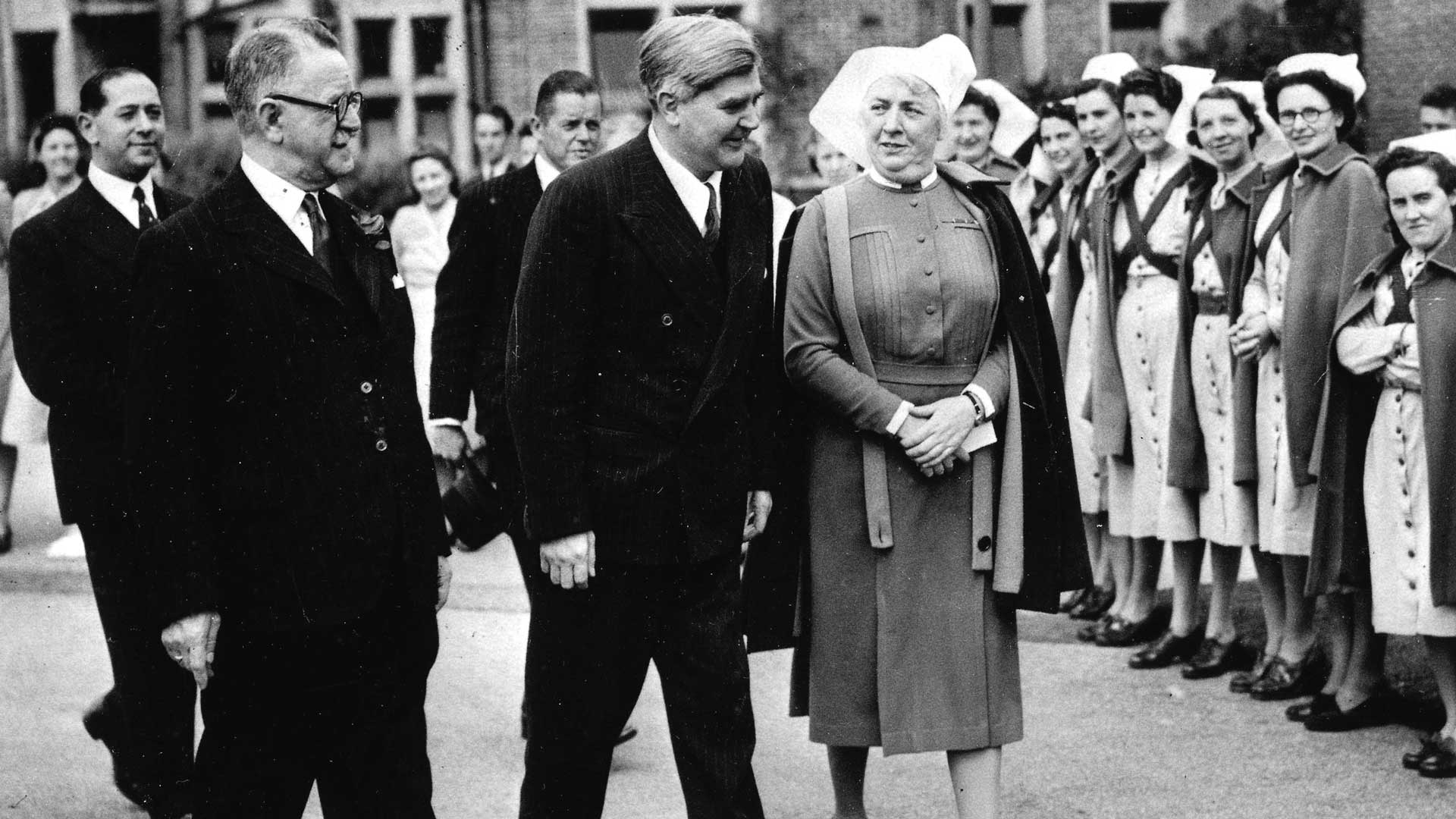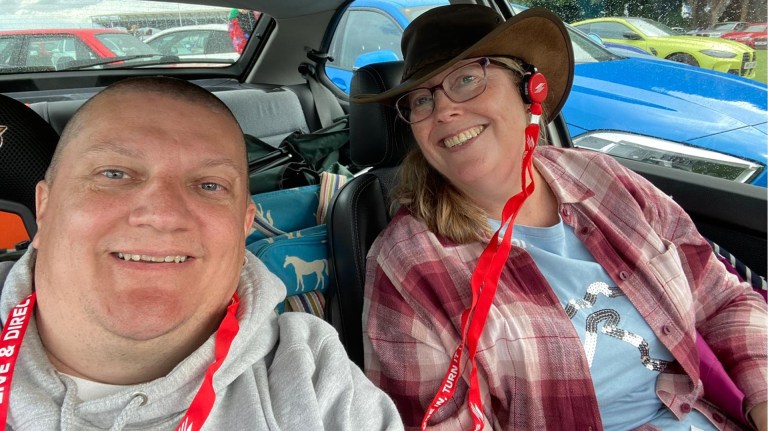Or so it seemed. While the cough and ballock test may have carried on for another decade, all those exercises, interventions and the idea of prevention were put on the back burner.
The working classes now were individuals. They were consumers. They weren’t going to be told ‘what to f-ing do!’ Military conscription disappeared and public medicine was allowed to shrivel on the vine. We were consumers. We demanded to be treated like customers. And the state was the big government supermarket.
A health crisis was building up as the NHS
Giving a speech in Bedford in 1957, Harold Macmillan declared that we’d “never had it so good”. What he meant was that we’d never had so many choices of how to piss our money up the wall.
And all that public health stuff was now out the door. Educating people to stay healthy might involve getting big advertisers like Ogilvy & Mather to support the Milk Marketing Board (“drinka pinta milka day”) or the Egg Marketing Board (“go to work on an egg”), but that was as consumerism. There wasn’t any of that old-fashioned social control.
The problem was that the NHS, established in 1948, was predicated on the premise that people would get healthier through public health programmes. In those early years, the Ministry of Health was also the biggest social housing builder in the country. Social housing was viewed as the backbone of health, and Aneurin Bevan (jointly health and housing minister), insisted council homes be built to high standards.
But with the consumerisation of the working classes into the new purchasers, and with these new purchasers driving the new wealth – or at least a good bit of it – health became secondary to lifestyle. And lifestyle, as presented by the marketplace, was not about health, and all about tastes. Tastes and indulgences, and not about doing good for the consumer.
Advertising helps fund Big Issue’s mission to end poverty
Whereas the war years had cut sugar and fat out of many people’s diets, they returned with a vengeance in the Fifties and Sixties. Jobs were changing. And much of the heavy manual labour work was being automated or being done by Jamaicans and people from other parts of the Commonwealth.
A health crisis was building up as the NHS, built as a part of a public health programme, lost its propaganda and social health evangelisers, and was left with a potential disaster of seismic proportions.
At the same time, the post-war education system creamed off the top 11 per cent to be the new managers of capitalism and the nationalised industries. This left the vast bulk of workers (un)educated to work in unskilled and semi-skilled industrial jobs. What a palaver.
So, when Maggie waved her magic wand and removed state subsidies from the basic industries that had existed since the First World War – with the exception of cars and road transport – a new pie was baked.
The poor that were left behind had little education and skills to move on and up the job ladder. Social security was used as a dumping ground. And behind it all, as more and more people fell ill under the sugar, fat and salt invasion of our diets, the NHS felt the pinch over, and over, and over again.
Advertising helps fund Big Issue’s mission to end poverty
In a month, we celebrate the 70th anniversary of the finest invention we have come up with. But what are we going to do about the poor food that the poorest have no choice but to consume? We shouldn’t let fats and sugar eat into our precious NHS.
Poverty undermines the whole body and mission of our NHS. Hopefully, 2018 will be the year when the NHS will be given the cash to get out of this historically created dilemma, and begin to move itself again towards social medicine.











